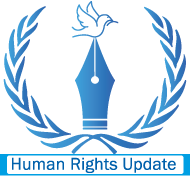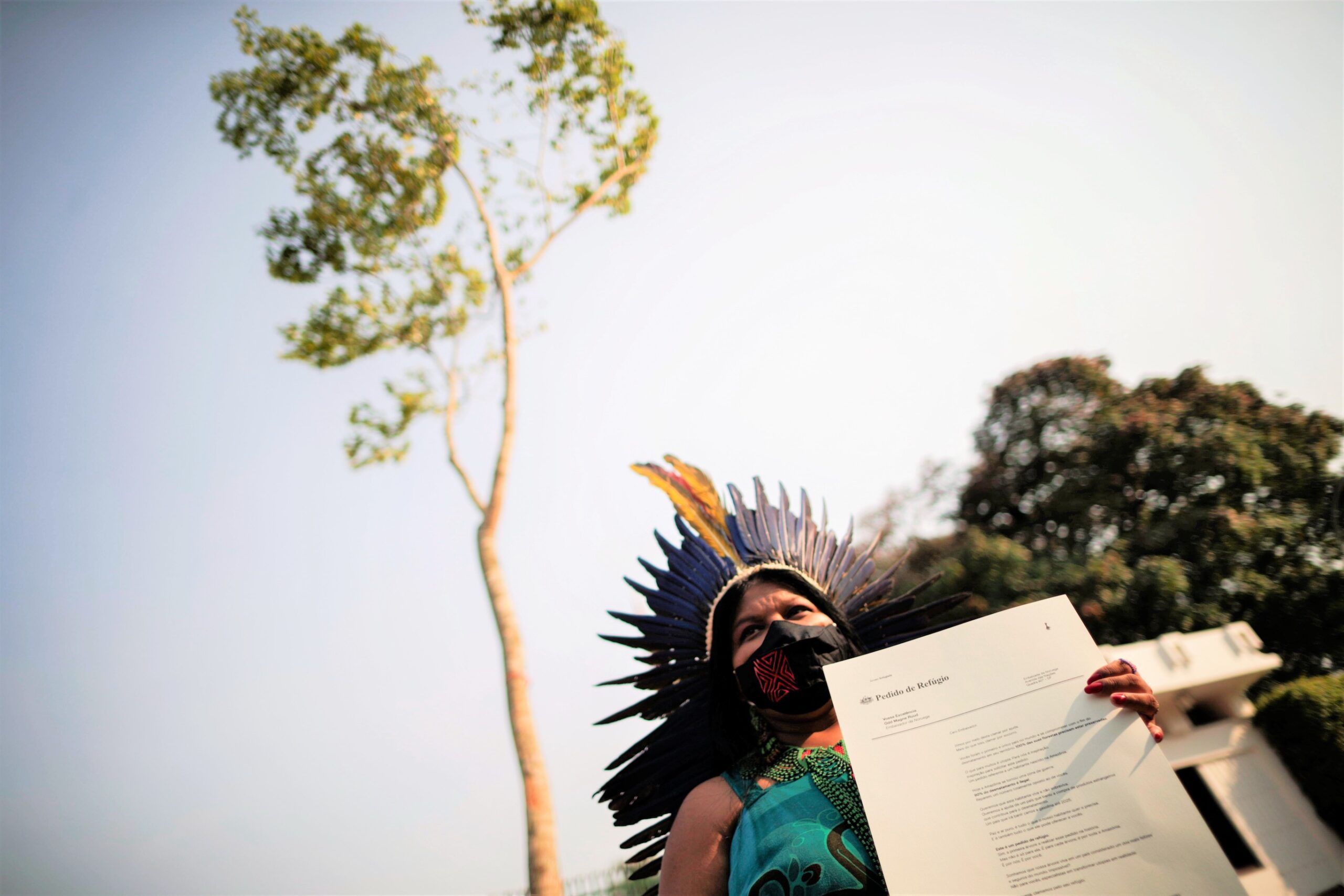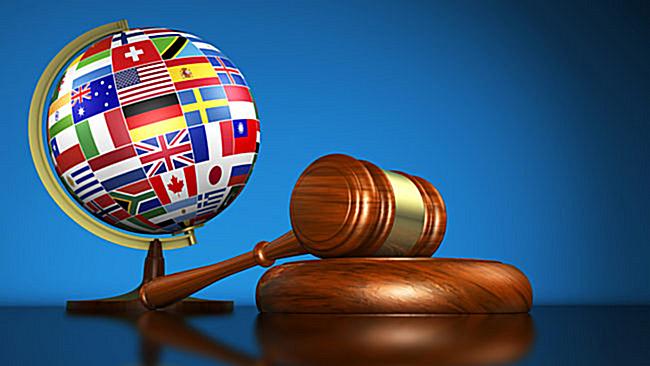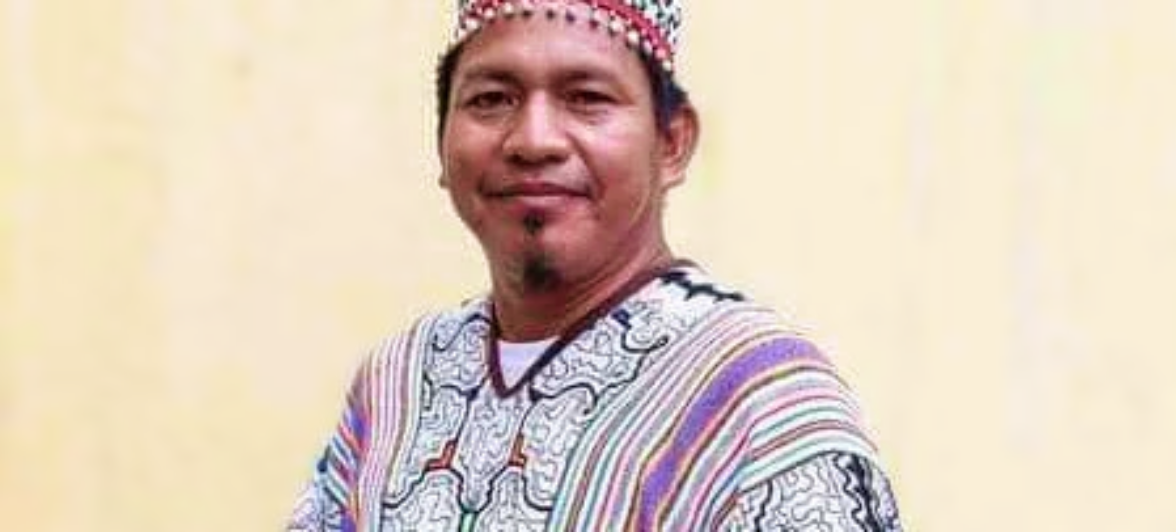In a world plagued by numerous human rights challenges, the need for collective action and international cooperation has reached a critical juncture. From ongoing conflicts to systemic discrimination and repression, the following issues represent a brief overview of the pressing human rights concerns demanding immediate attention:
- Conflict Zones: Many regions continue to witness devastating conflicts, causing immense suffering for civilians. Areas such as Yemen, Syria, and Myanmar experience ongoing violence, displacements, and human rights violations, necessitating urgent efforts to protect vulnerable populations.
- Refugee Crisis: The global refugee crisis remains a grave concern. Millions of people are forcibly displaced, seeking safety and basic rights. Robust measures are required to address the root causes, offer protection, and ensure dignified living conditions for refugees worldwide.
- Discrimination and Inequality: Discrimination based on race, gender, religion, and other factors persists in various societies. Addressing systemic inequalities and promoting inclusivity are crucial steps to safeguard human rights for all individuals, irrespective of their background.
- Freedom of Expression: The erosion of freedom of expression continues to threaten human rights globally. Journalists, activists, and dissenting voices face censorship, harassment, and persecution. Upholding freedom of expression is vital for fostering democratic societies and protecting human rights.
- Cybersecurity and Privacy: As technology advances, concerns regarding online privacy and cybersecurity intensify. Balancing security measures with the protection of fundamental human rights, such as privacy and freedom of expression, is an ongoing challenge requiring robust legislation and international cooperation.
- Climate Change and Environmental Rights: The climate crisis poses severe threats to human rights, including access to clean water, food security, and adequate housing. Combating climate change and ensuring environmental justice are imperative for safeguarding the well-being of present and future generations.
- Women’s Rights: Gender inequality and violence against women persist worldwide, hindering progress and depriving women of their basic rights. Empowering women, combating gender-based violence, and ensuring equal opportunities are crucial steps towards achieving gender equality and safeguarding women’s rights.
- LGBTQ+ Rights: Discrimination and violence against LGBTQ+ individuals remain prevalent in many parts of the world. Advocating for inclusive laws, protection against discrimination, and creating safe spaces for the LGBTQ+ community are essential for upholding their rights and promoting acceptance and equality.
- Migrant Workers: Migrant workers often face exploitation, abuse, and unsafe working conditions. Protecting their rights, ensuring fair treatment, and combating human trafficking are vital to promoting human dignity and respecting the rights of all workers.
- Indigenous Peoples’ Rights: Indigenous communities face ongoing challenges, including land dispossession, cultural erosion, and marginalization. Respecting their rights to self-determination, preserving their cultural heritage, and engaging in meaningful consultation are critical for upholding indigenous peoples’ rights and promoting their well-being.
- Right to Education: Access to quality education remains a challenge for millions of children globally. Guaranteeing inclusive and equitable education, particularly for marginalized groups, is crucial for breaking the cycle of poverty, promoting social mobility, and fostering a more just society.
- Health and Pandemic Response: The COVID-19 pandemic has exposed and exacerbated existing health inequalities, highlighting the importance of equitable access to healthcare. Ensuring the right to health for all individuals, regardless of their socio-economic status, is vital in pandemic response and recovery efforts.
- Racial and Ethnic Discrimination: Racial and ethnic discrimination persist in societies around the world, perpetuating inequality and marginalization. Combating racism, promoting diversity, and fostering inclusive societies are crucial for upholding the rights and dignity of all individuals, regardless of their racial or ethnic background.
- Access to Justice: Many individuals, particularly the marginalized and disadvantaged, face barriers in accessing justice systems. Ensuring equal access to justice, legal representation, and a fair judicial process are fundamental in upholding human rights and the rule of law.
- Child Rights: Millions of children continue to face exploitation, abuse, and lack of access to education and healthcare. Protecting child rights, addressing child labor, and promoting child welfare are critical for securing a brighter future for the next generation.
- Disability Rights: Persons with disabilities often face discrimination and barriers in accessing education, employment, and public services. Upholding disability rights, ensuring accessibility, and promoting inclusive policies are essential for creating a society that respects and values the rights of all individuals.
- Human Trafficking: Human trafficking remains a grave violation of human rights, affecting millions worldwide. Combating this illicit trade, supporting victims, and prosecuting perpetrators are vital in addressing this heinous crime and protecting the rights and dignity of vulnerable individuals.
- Prisoner Rights: Ensuring the rights, safety, and humane treatment of prisoners are crucial aspects of upholding human rights. Promoting rehabilitation, reducing overcrowding, and addressing issues of torture and arbitrary detention are essential for a fair and just criminal justice system.
- Economic Inequality: Widening economic disparities pose significant challenges to human rights, exacerbating poverty, social exclusion, and unequal access to basic necessities. Implementing inclusive economic policies, reducing inequality, and promoting social welfare are vital for advancing human rights and fostering a more equitable society.
- Indigenous Land Rights: Protecting the land rights of indigenous communities is crucial for preserving their cultural identity and ensuring their sustainable livelihoods. Recognizing and respecting their ancestral lands and engaging in meaningful consultation are essential for upholding indigenous rights and promoting environmental sustainability.
These ongoing human rights issues require a comprehensive and sustained effort from governments, international organizations, civil society, and individuals alike. By addressing these challenges head-on and prioritizing the protection of human rights, we can work towards a more just, inclusive, and equitable world for all.






